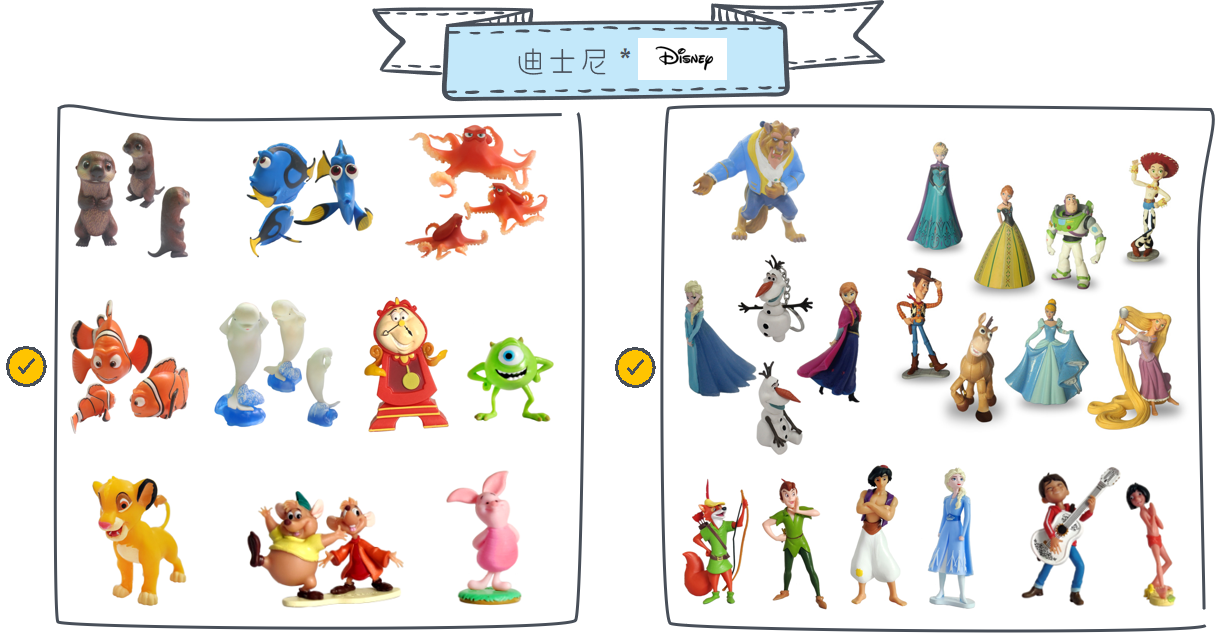The deontological code on non-sexist toy advertising signed in April 2022 by the Ministry of Consumer Affairs, the Spanish Association of Toy Manufacturers (AEFJ) and Autocontrol comes into force this Thursday, December 1, 2022, for new production advertisements.
The new self-regulation code, which replaces the 2005 code, is an agreement between the Government and the advertising and toy sector by virtue of which advertisements that use the image of girls in advertisements aimed at minors in a discriminatory or vexatious manner will not be produced. The objective is that the toy spots are more egalitarian, truthful and constructive, fundamental aspects for the protection and development of childhood.
The code is made up of 64 deontological norms that, from this Thursday, must be respected in the development, execution and dissemination of advertising campaigns and messages aimed at children under fifteen years of age, with special attention to the age range from zero to seven years due to their greater age. Among its novelties, the measures aimed at promoting and fostering a plural, egalitarian and stereotype-free image of minors stand out. For this reason, the characterization of girls with sexual connotations will be prohibited and the exclusive association of toys that reproduce roles, for example, care, housework or beauty with them, and action, physical activity or technology with children will be avoided.
In addition, toys will not be presented with the express or implicit indication that they are for one or the other sex, nor will color associations be made (such as pink for girls, and blue for boys). The ads will also try to use inclusive language and present positive role models to encourage healthy, responsible and sustainable consumption. Another novelty of the code is that commercial communications must describe the product in an understandable and clear way for minors. Likewise, they will present the skills that the products are capable of fostering in minors and that are key to their growth, such as creativity, physical and intellectual development, sociability or empathy.
In parallel, and with the aim of offering truthful and additional information on the characteristics of games and toys, audiovisual advertisements must incorporate a series of pictograms that graphically clarify issues related to assembly, price or technical needs. The pictograms will have a size that occupies at least 7% of the screen, they will have to be located in the upper left part of the screen whenever possible and they will last for at least two seconds.
Other industry commitments
In order to avoid false expectations, the toy sector also undertakes to guarantee that the written, sound and visual presentations of the products are faithful to reality and do not confuse minors about the characteristics of the promoted product or its benefits. To do this, they will avoid interspersing real images and animated fiction in the ads, or juxtaposing both without a clear differentiation between them.
In addition, in those advertisements in which toys of a static nature are represented in movement, it must be clearly appreciated that this displacement is produced by the mechanical contribution of a hand or similar. The appearance in toy advertising of characters that are popular among children as presenters or participants in television programs, real or fictitious characters from movies or series, characters from the world of sports or music or influencers will also be regulated . Likewise, the advertisements will not suggest that the adults who offer the promotional toys are better or more generous, nor will they associate the acquisition of the product with greater affection or social acceptance towards the minor, nor will they encourage the compulsive accumulation of toys. Lastly, given the great advances in new technologies and access to them by minors, the new self-regulation code includes a section on toy advertising on the Internet.
In it, advertising directed through mobile devices to children under fourteen years of age is expressly prohibited. It is also established as mandatory that, when applications or games are used for commercial communication purposes, the recommended age of the recipient is included.
WeiJun Toys
Weijun Toys is specialized in manufacturing plastic toys figures(flocked)&gifts with competitive price and high quality. We have a large design team and release new designs every month. ODM&OEM are warmly welcomed. More than 100 designs for unisex kids toy from Weijun Toys bring kids in the worldwide more fun and happiness in the world.









